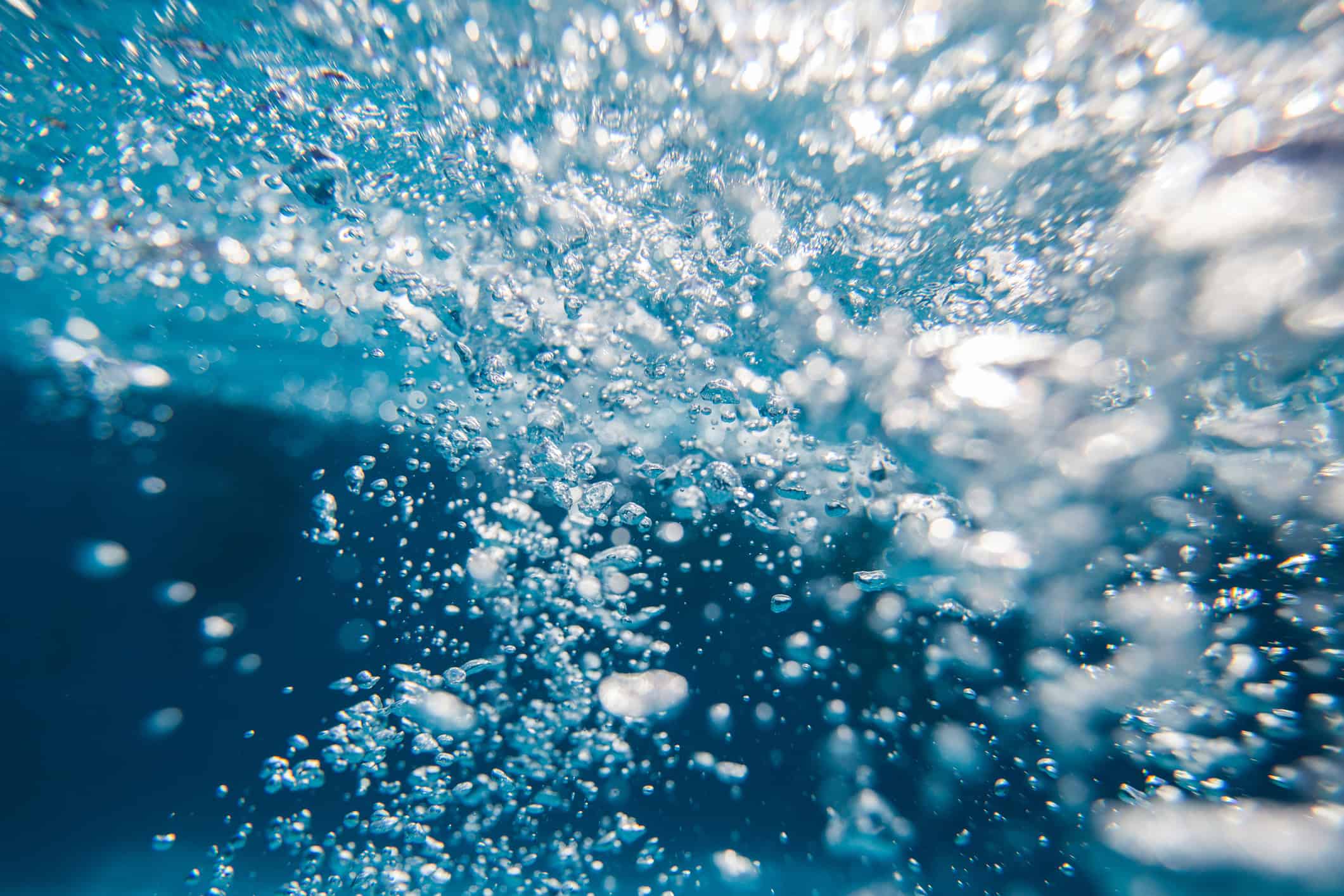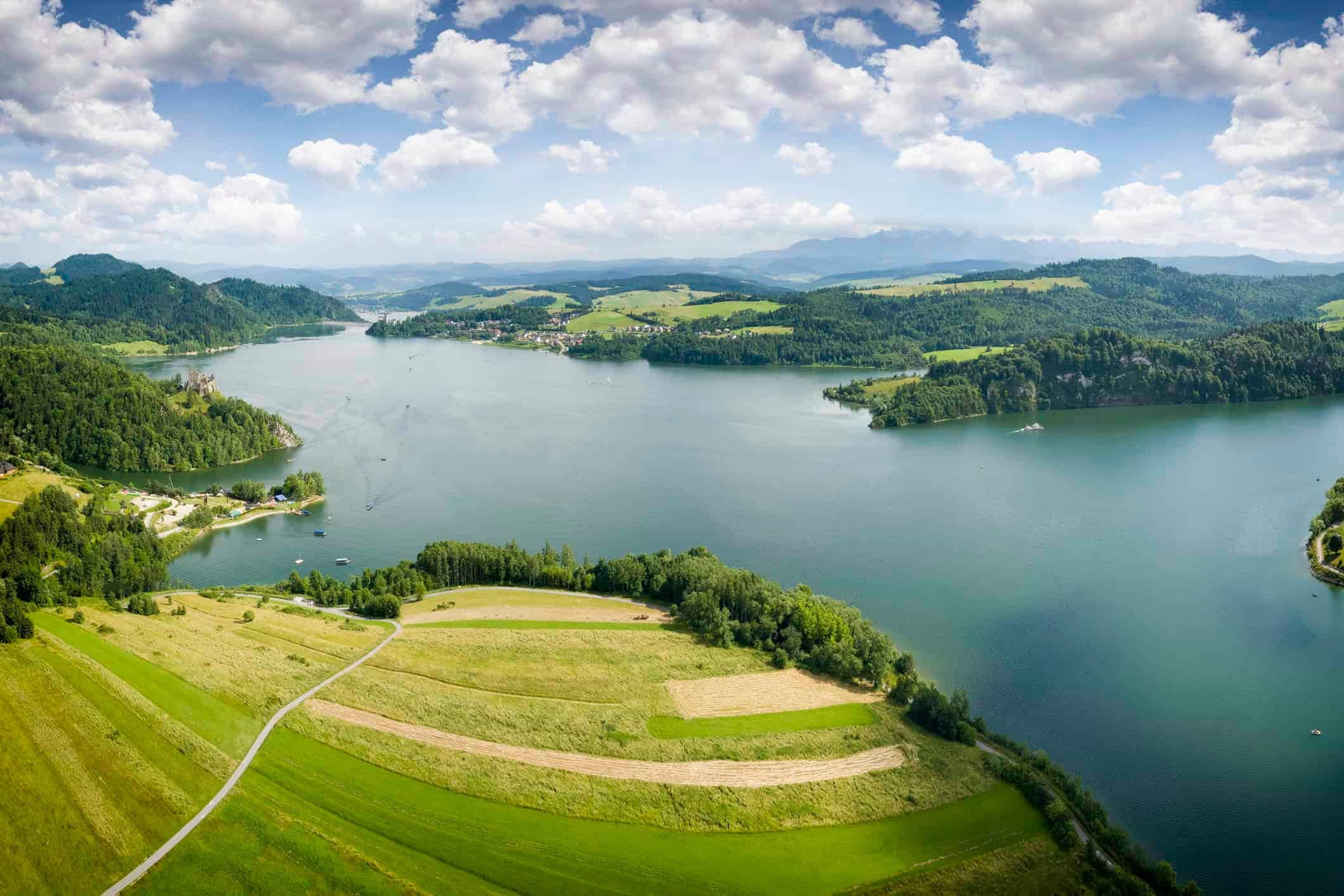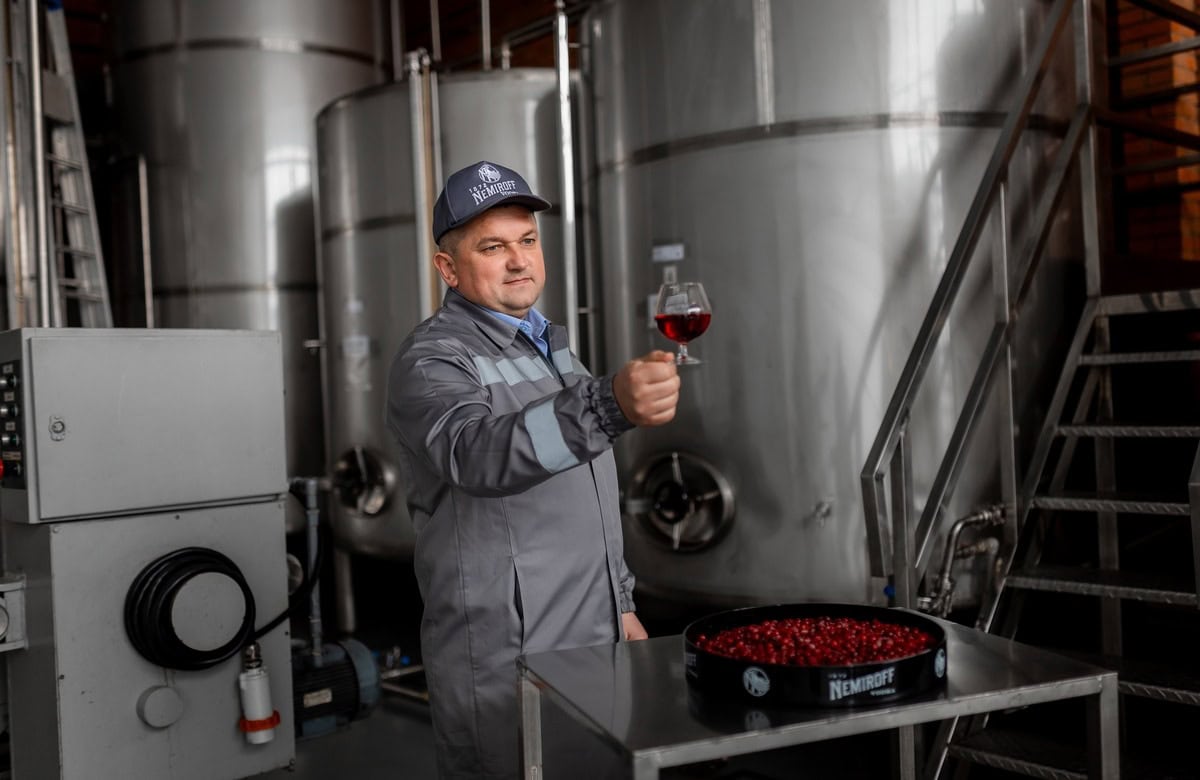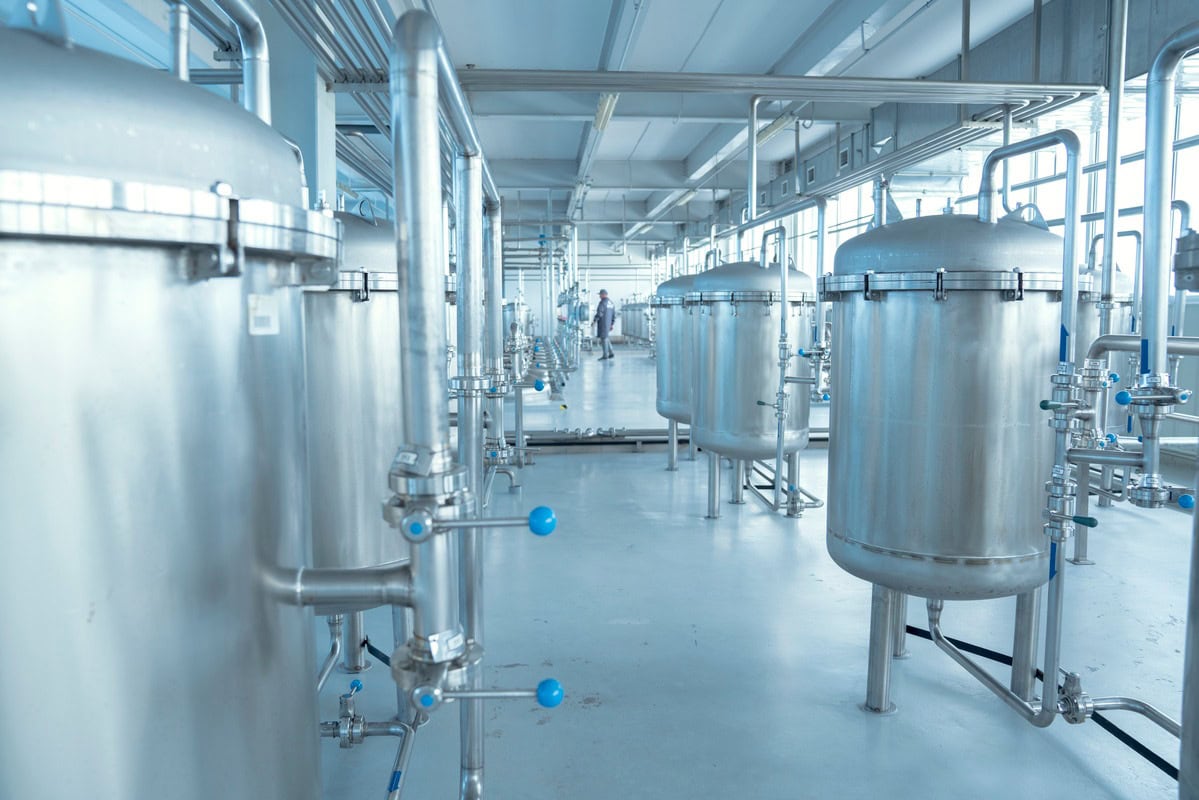Ultra-premium vodka differs from regular vodka not only in terms of raw materials or technology, but also in terms of water. It is water that determines the clarity, smoothness and overall impression of the drink. In this article, we will look at why vodka quality depends on water, what properties make water ideal for production, and how it affects the taste and texture of the finished product.
We will also answer the questions: what types of water do producers use, why is its purity important, and how is this implemented at Nemiroff. You will learn what the phrase “water influence on vodka quality” means and whether you can taste the difference in vodka depending on its water base.
The Role of Water in Vodka Production
Water accounts for over 60% of the final product in vodka production. This makes it not just an auxiliary element, but the main ingredient that determines the character of the drink. It influences key parameters such as taste, aroma profile, texture and even transparency.
The quality of alcohol can vary depending on the raw materials (grain, potatoes, beets), but it is water that becomes the factor that creates the uniform “base” of the product. It determines the balance between softness and intensity and forms the stability of the structure. In the premium segment, special attention is paid to water and vodka quality, because even the best spirit cannot compensate for the shortcomings of water.
The more naturally balanced the water is, the more harmoniously the vodka unfolds: soft water creates a silky texture, while mineralised water adds density. Thus, it is water that forms the “body” of the drink and its sensory expressiveness.
Why Water Purity Matters
While the previous section discussed the role of water as a base, here it is important to consider its quality. Water can contain various impurities:
– calcium or magnesium salts, which make the taste “hard”;
– traces of metals, which give an undesirable bitterness;
– organic particles, which affect transparency.
Such factors can completely destroy expectations of a product, especially in the ultra-premium category, where purity and sophistication are key. That is why brands devote significant resources to selecting sources and purification technologies.
Multi-stage filtration systems are used in production, ranging from mechanical and carbon filtration to unique methods such as silver or platinum purification. Due to this, the water loses any foreign tastes and retains its natural mineral balance.
So, this aspect explains why water affects vodka quality. Vodka made with properly prepared water will always be clear, smooth and balanced, while the use of poor-quality water is immediately apparent in the taste and appearance.
Types of Water Used in Vodka Making
Various types of water are used in the production of vodka. Each has its own characteristics that shape the taste, texture and overall quality of the drink. The choice depends on the brand’s philosophy and the level of the product:
– Artesian water undergoes natural multi-level filtration through layers of soil and rock. It is characterised by consistent purity and a balanced mineral composition, making it one of the most valuable options for ultra-premium vodkas.
– Spring water – usually soft and with a natural mineral content that adds delicacy to the drink. This type of water is often chosen by producers of premium lines to emphasise the authenticity and natural origin of the product.
– Purified water is ordinary water that has undergone multi-stage filtration and treatment. It is used to ensure consistent characteristics in cases where it is important to achieve neutrality of taste and the absence of foreign impurities.
All these options have their place in production, but in the ultra-premium segment, artesian and spring water are considered the key standards. They provide transparency, softness and the harmony and determine the influence of water on vodka quality.
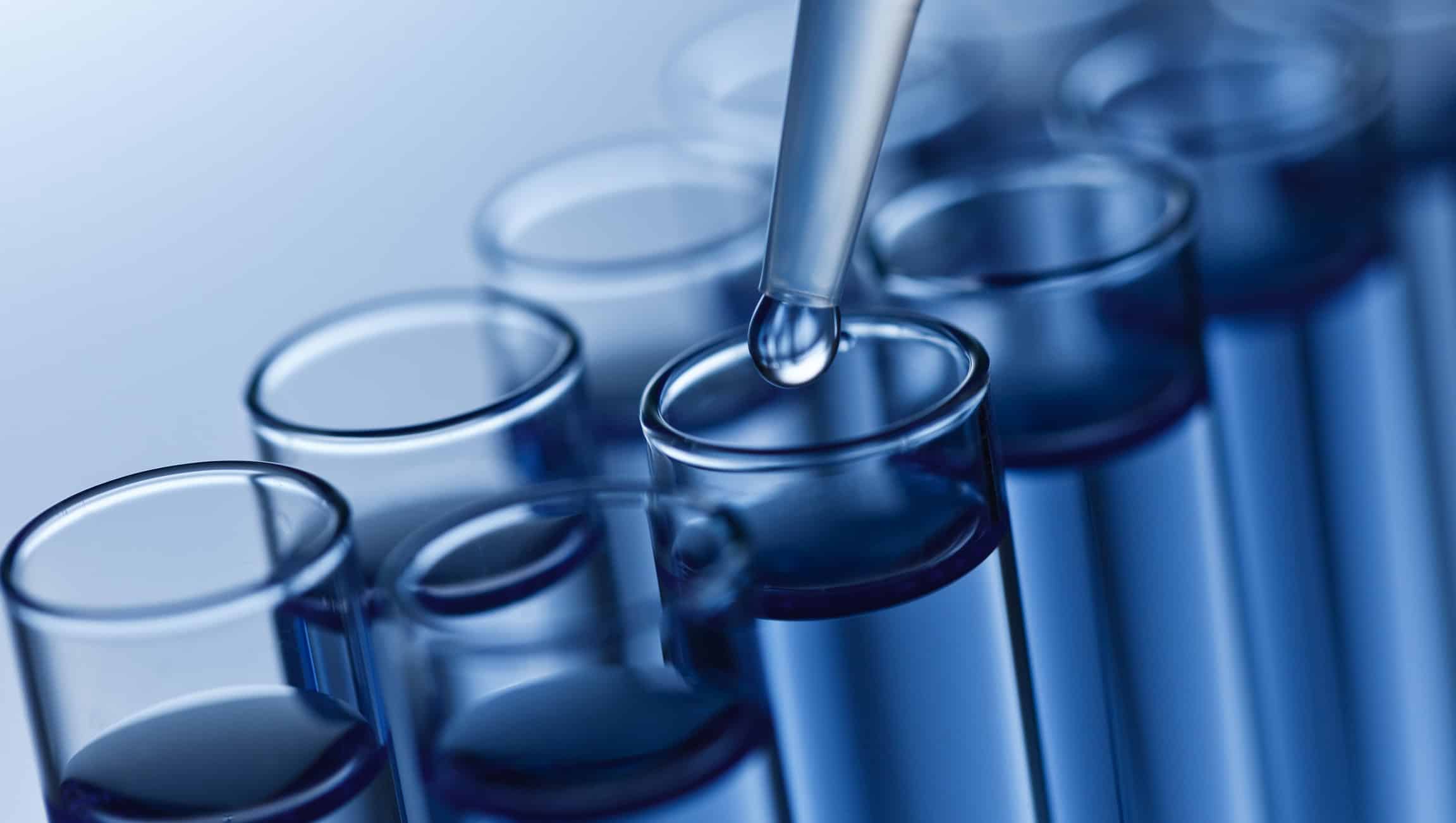
How Water Affects Vodka’s Taste and Texture
Although vodka is often referred to as a “neutral” drink, its taste and mouthfeel are largely determined by the quality of the water used to make it. The composition and balance of minerals in the water determine not only the aromatic nuances, but also the overall structure of the drink.
Water influence on vodka quality manifests itself in two key parameters:
– Taste nuances. Soft water makes drinks smoother and more delicate. If water has a high mineral content, the taste may seem heavier, sometimes with slight bitter notes.
– Texture. Light water creates a feeling of purity and transparency, while water that is more saturated with minerals adds thickness and density, changing the balance from light to “heavy”.
Thus, even using the same alcohol can yield different results: one version will be mild and smooth, while another will be more sharp and pronounced. It is water that becomes the foundation that determines how vodka will be perceived in its final form.
Distillation and Dilution: Where Water Comes in
In vodka production, it is important to distinguish between distillation and filtration. Distillation is necessary to obtain alcohol: the raw materials are heated, evaporated and condensed to separate the alcohol from impurities. This process is not used in the vodka production stage, as the alcohol is already sufficiently strong and pure.
Further work focuses on dilution, i.e. diluting the alcohol with water. It is this step that reduces the strength to the standard 40% or another indicator, depending on the recipe. The quality of the water and the accuracy of the proportions determine the main characteristics of the future product — from the softness of the taste to the transparency and purity of the texture.
To better understand the importance of this process, it is enough to highlight a few key points:
– water affects taste, creating a balance between sharpness and softness;
– its purity determines the clarity and stability of appearance;
– the composition of water shapes the texture — from light and silky to denser.
In the premium segment, manufacturers attach particular importance to this stage. For example, Nemiroff uses water from artesian wells, which undergoes many years of natural filtration, as well as additional purification in 11 stages using silver, platinum and amber. This approach guarantees the stability and quality of dilution.
This explains why vodka quality depends on water. Even the purest alcohol does not determine the final result on its own — it is only the basis. Water at the final stage makes the product harmonious, transparent and balanced, transforming the concentrate into vodka that meets the high standards of the ultra-premium category.
Nemiroff Vodka and its Water Sources
Nemiroff uses water from deep artesian wells, which were formed in the depths of the soil over decades. Natural filtration over many years makes it stable in terms of mineral composition and free from unwanted impurities. It creates a solid foundation for production, where not only the quality of the alcohol is important, but also the properties of the water.
To ensure maximum purity, the plant uses a multi-stage purification system consisting of 13 stages. The process uses unique natural materials that give the water its exceptional characteristics. These include:
– amber, which promotes gentle mineralisation and stability;
– silver, known for its antiseptic properties;
– platinum, which provides final deep filtration.
All these elements work together to remove even the smallest impurities without disturbing the natural balance of the water. This process results in a liquid that does not adversely affect the taste of the alcohol, but rather emphasises its smoothness and clarity.
Every drop of water used in the production of Nemiroff Vodka Collection beverages undergoes this meticulous process. It is thanks to this that the brand’s products consistently meet the highest international standards and occupy a special place in the Premium Vodka segment.
Nemiroff demonstrates that water in production is not just a technical element, but a full-fledged ingredient on which the final quality depends. It is this attention to detail that makes the brand one of the leaders in the global industry.
Can You Taste the Difference?
There is a widespread belief that vodka should be completely neutral and leave no discernible aftertaste. However, practice shows that even slight changes in the composition of water affect the taste, texture and overall perception of the drink. It is water that forms the basis that determines how smooth or sharp the drink will be.
Artesian water, which has undergone natural filtration over many years, gives vodka balance and natural softness. It creates a smoothness that is valued in the premium segment. In contrast, ordinary purified water, even after multi-stage treatment, can leave hints of harshness that are perceived as less harmonious.
During professional tastings, experts easily notice the difference. They pay attention to:
– smoothness of the sip, indicating the purity of the base;
– purity of aroma, without any foreign notes;
– texture, which determines how light or rich the drink is perceived.
These parameters allow us to clearly distinguish mass-market vodka from premium vodka. In the latter case, the sensation of smoothness and purity becomes its main advantage.
Thus, the statement “why water affects vodka quality” is not just a technological explanation. It is a practical factor that directly determines the quality, status, and perception of the drink. Water is not a secondary element of the recipe, but a key component that shapes the final character of vodka.
Final Thoughts on Water and Vodka Quality
Water is the heart of any vodka. It determines texture, clarity and taste balance. High-quality artesian water and modern filtration systems are key to achieving premium status.
For Nemiroff, the principle of water and vodka quality is at the heart of its entire philosophy. Careful selection of the source, multi-stage filtration and constant monitoring ensure that the final product meets the expectations of even the most discerning connoisseurs.
More information about the brand and its approach to vodka production can be found on the official Nemiroff website.
